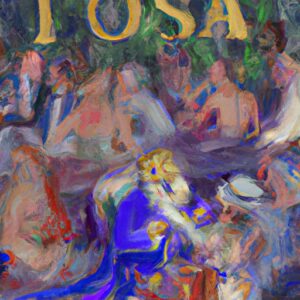What is ma in Italian?
We’re going to learn how to say but in Italian. It’s just a two-letter word: ma.
Like in English, we use the equivalent of but to introduce an idea that contrasts with what we just said. This means we place it right before the second idea in the sentence.
Pay attention to the two ideas in each sentence and how they’re linked by ma.
Lei vuole uscire ma io voglio stare a casa.
She wants to go out, but I want to stay home.
Il professore ha spiegato l’esercizio ma io non ho capito.
The teacher explained the exercise, but I didn’t understand.
But: examples
Let’s have a look at some more examples:
Ho studiato ma non mi ricordo niente.
I studied, but I don’t remember anything.
Mi piace andare in montagna ma preferisco andare al mare.
I like to go to the mountains, but I prefer to go to the beach.
Sono andata al bar ma non ho visto Matteo.
I went to the cafe, but I didn’t see Matteo.
How to use però?
There’s also another option for saying but. It’s a bit longer, slightly less common, and is used differently: però .
This word is more flexible than ma. Because while ma can only go right before the second phrase (in other words, in between the two phrases), però can also go at the end of a sentence.
It’s a bit like that in English.
Look at the two possible options for each group of sentences:
Ho visto Anna, però non l’ho salutata.
I saw Anna, but I didn’t say hello.
Ho visto Anna. Non l’ho salutata però.
I saw Anna. I didn’t say hello, though.
È bello quel film però è un po lungo.
That movie is nice, but it’s a bit long.
È bello quel film. È un po lungo però.
That movie is nice. It’s a bit long, though.



















